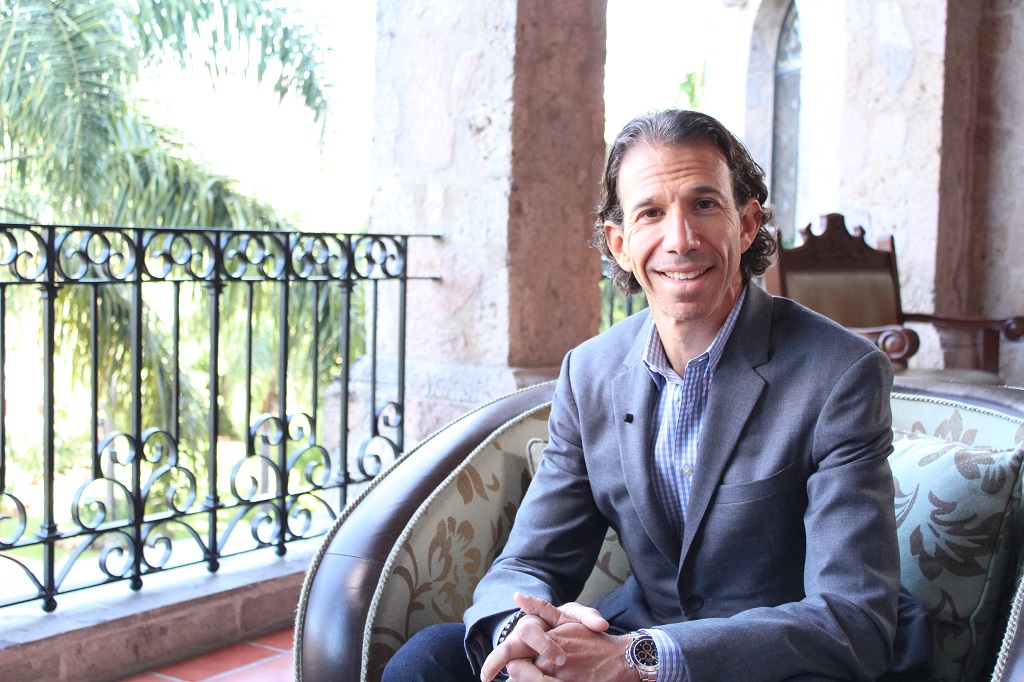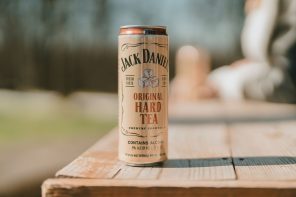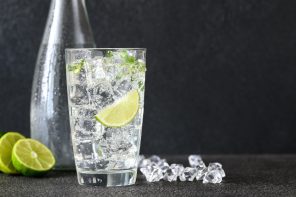The New Zealand craft beer scene is well established, and the craft spirit market is slowly catching up. Patrón Tequila has long been the market leader for ultra-premium craft spirits. Patrón Spirits International CMO Lee Applbaum was recently in New Zealand, and discussed tequila education down under.
Coming into a market such as New Zealand, where tequila perhaps isn’t as well appreciated, was a challenge for the Patrón brand, but not a unique one. “Believe it or not, it’s the same all over the world,” explained Applbaum. It was the same question asked 27 years ago upon its release in the US. “Before Patrón, there was no super premium tequila. The founders were unsure how the world would react.” The uptake was generally quickest in the cities with a strong cocktail culture – London, Berlin, Paris, Tokyo and Hong Kong – but the trend is catching on as education surrounding premium tequila becomes more widespread.
The growth of the Patrón brand owes much to popular culture. The tequila brand features heavily in a number of hip-hop songs (over 250, according to the Patrón website), and artists are keen to be associated with the brand. Country singer Luke Bryan frequently performs at concerts with a bottle of Patrón tequila on stage, and early-2000s pop-rock singer Avril Lavigne once rejected a lucrative sponsorship offer from another high-profile alcohol brand in favour of Patrón – all unpaid.
“All these mentions, all the placement, it was all organic,” said Applbaum. “We’ve never paid anyone to mention our product, but bands always request a bottle of Patrón in their rider – even if they’re sponsored by another alcohol company.”
Applbaum was recently in New Zealand as part of the Patrón Secret Dining Society, an invitation-only event which aims to promote cocktail matches with food as a genuine alternative to wine matches. The event, held at Kauri Bay Boomrock, was attended by food critics, writers and influencers, and is a key part of Patrón’s mission to educate people about the possibilities of tequila.
“It’s certainly about the food, and the tequila, but more about the combination of the two,” explained Applbaum. “These are custom-made cocktails, the mixologist working with the chef to co-ordinate the flavour profiles, in the same way a sommelier works at a restaurant.”
Consumer and trade understanding of tequila still has a long way to go, according to Applbaum. “A lot of our marketing focus is aimed at the trade and consumers and the education is around the virtues of artisanal hand-crafted tequila,” he said. “The role we play in leading that conversation is very important. We built the ultra-premium category in the US, and globally, and we continue to be its flag bearer around the world.”






